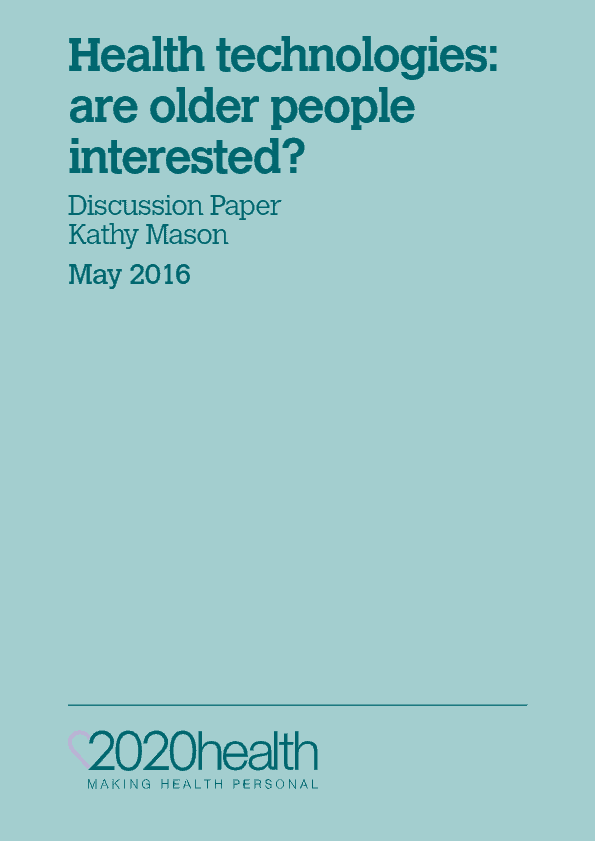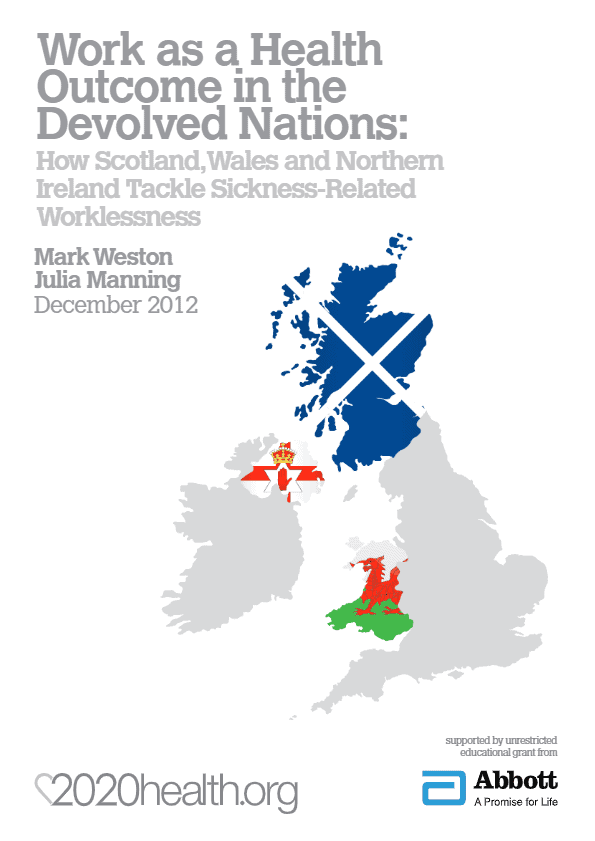Evidence of employers’ greater understanding of women’s health issues is to be welcomed, says 20/20health’s director, Iseult Roche.
Recent figures from within the UK job market indicate a changing attitude towards women’s health, which is beginning to have a positive impact upon employment opportunities. Alarmingly, the UK is the only member of the G7 whose employment levels have not yet recovered to their pre-COVID; the UK currently has 173,000 fewer people in the workforce than it did before the pandemic.
Understandably, employers are now having to look at new, novel ways to attract and retain staff. As women are now more likely to be enter the workplace than men, employers have had to improve their own understanding of health issues unique to women.
As Mairéad Nayager, Chief HR officer at Haleon said, “we see policies aimed at supporting women playing a critical role in helping us to attract and retain talent, which is key to maintaining a competitive edge.”
For the first time, job advertisements have started to include references to fertility, miscarriages and the menopause. For example, short-term covering jobs for women who have just experienced a miscarriage has increased by 3,000% in the past year up to March 2023, whereas the number of jobs including fertility benefits such egg freezing and IVF increased by 700% in the same year. Jobs referencing menopause have also doubled.
The reasons behind these changes are very telling about modern employer’s attitudes towards female employees. The offer of fertility benefits is an extension of pre-existing healthcare packages, designed to attract the very best candidates into more senior executive roles. However, the references to the menopause and miscarriages are more insightful as they reflect a greater appreciation of the impact such two issues can have on the individual, both emotionally and physically.
Whereas a short while ago, women who were experiencing one of these challenging situations may have felt themselves forced out for another employee, or at least unsupported. Such is the demand now to retain staff in a challenging job market, as well as an appreciation of the strengths these female employees can bring, that employers are now restructuring their businesses to reflect the change in societal attitudes.
This investment in female employees should now be replicated within UK healthcare provision, to help alleviate the growing challenge in NHS frontline recruitment.
As Iseult Roche, Director at 20/20health explains:
This news has to be welcomed across the business world. For too long, the basic principles of women’s health were being totally misunderstood by what was largely a male mindset.
Without doubt, some women decided to stall their career due to work-family life balance, whilst others would have felt pressurised against parenting in order to pursue a career goal. The ability to freeze eggs will allow women to now consider surrogacy, which may never have previously been an option. Furthermore, any woman who has experienced either IVF or a miscarriage will tell you of the extreme distress these two events can cause.
It is only right that employers offer paid leave for their employees.
However, there are lessons here for the NHS. At a time of acute staffing issues in hospital trusts, NHS managers should look to their employment policies to see how a different attitude to women’s health could positively impact upon recruitment and retention of frontline professionals. I too experienced this as a junior doctor, and I am pleased that this change is occurring.


